The high price of gasoline makes many drivers have to economize when holding the steering wheel. Acquiring the following habits will help you to increase your car’s fuel efficiency, and every day driving will become much less of a burden on your pocket.
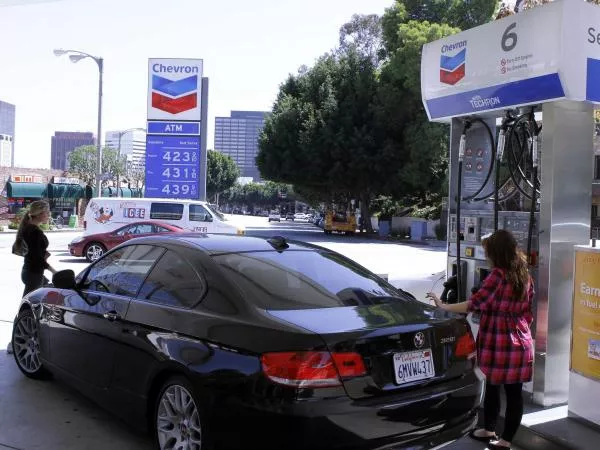
Acquiring the following habits will help you to increase your car’s fuel efficiency
How To Get Better Gas Mileage
>>> Related posts:
1. Drive at a moderate, steady pace
According to advice from car technical experts, the amount of fuel a vehicle consume grows exponentially as the speed increases. Specifically, when the speed of the car exceeds 50 mph (or 80 km/h), fuel efficiency will start to decline significantly. At this point, fuel efficiency will drop by 7% for every acceleration of 5 mph. On the other hand, driving slowly is not a way to preserve fuel. Therefore, it is best to drive at a moderate pace.
Both accelerating and braking affect the fuel consumption of the car, which will be significant if you do it frequently. Results of a study have shown that if the driver avoids these habits, he can save fuel by up to 33%. If you travel on highways or free ways, you can use cruise control to make sure your car runs at a steady speed.
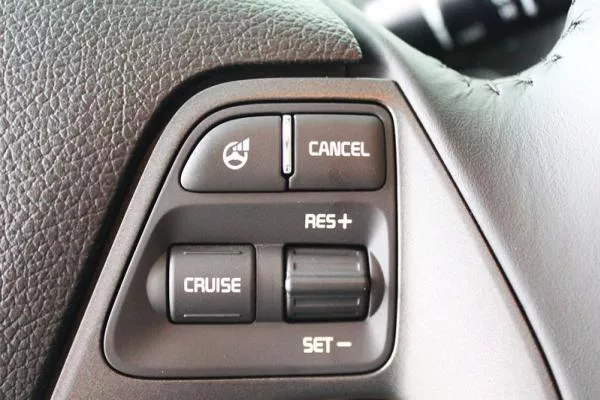
Use cruise control when driving on freeways
2. Use the correct engine oil
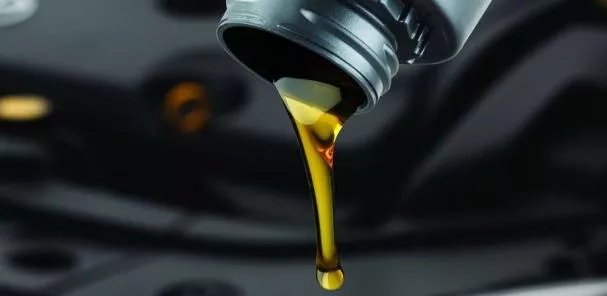
Proper use of engine oils improve fuel economy by 1-2%
Proper use of engine oils improve your car's fuel economy by 1-2%. According to the US Environmental Protection Agency (EPA), using 10W-30 oil in a 5W-30 engine would increase fuel costs by $0.04 (P2.05) to $0.07 (P3.59) per gallon. Using the right engine oil also helps to keep the engine at highest performance and extend its life.
>>> View more: 4 factors to consider to choose the right engine oil
3. Do not load on the roof
When you load big packages on the car roof, air resistance can significantly reduce the fuel efficiency of the car. The EPA has tested and estimated that removing cargo from the roof of the vehicle can save up to 25% of fuel.

When you load big packages on the car roof, air resistance can significantly reduce the fuel efficiency of the car
4. Turn off the engine when stopping
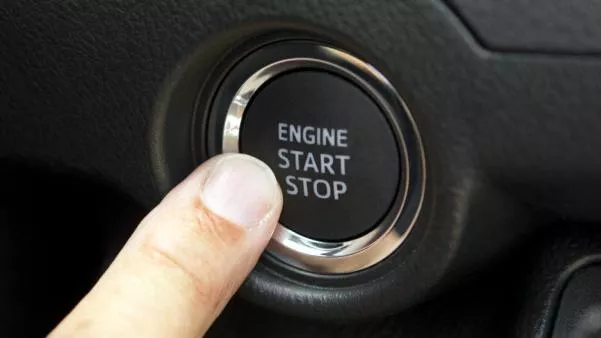
For every hour of engine work, the car will consume up to 1.9 - 3.8 litres of gasoline
Many people have the habit of keeping the engine running when they wait for red lights or standby in a traffic jam. You should not do this because for every hour of engine work, the car will consume up to 1.9 - 3.8 litres of gasoline. So, let's practice the habit of turning off the engine when the car is stood by to maximize fuel savings.
5. Always keep the tires in good condition
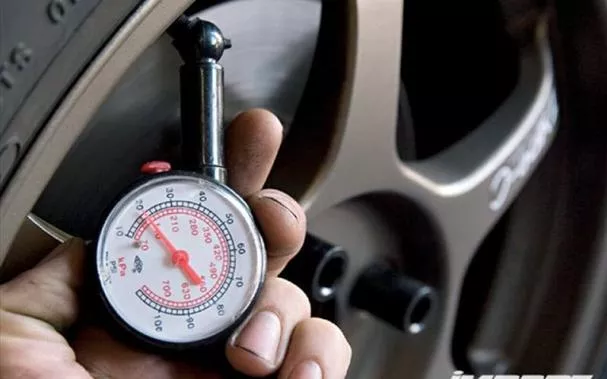
Check tire pressure regularly
Unsuitable tire pressure (too high or too low) not only affects the safety of the car but also causes the car to consume a lot of fuel. Check the tire pressure frequently can help improve fuel efficiency by about 3.3%.
6. Use air conditioner properly
Using automotive air conditioner constantly can cost up to 10% of the fuel. So if the temperature is pleasant and the air outside is fresh enough, drivers should turn off the A/C and open the windows to save fuel. However, don’t open the windows when driving at high speed, because air resistance will increase significantly and cost even more fuel than the air conditioner. Make sure you have read our previous article on whether to shut off the air conditioner before turning off your car’s engine here.
>>> Click to catch more useful car maintenance tips and advice











